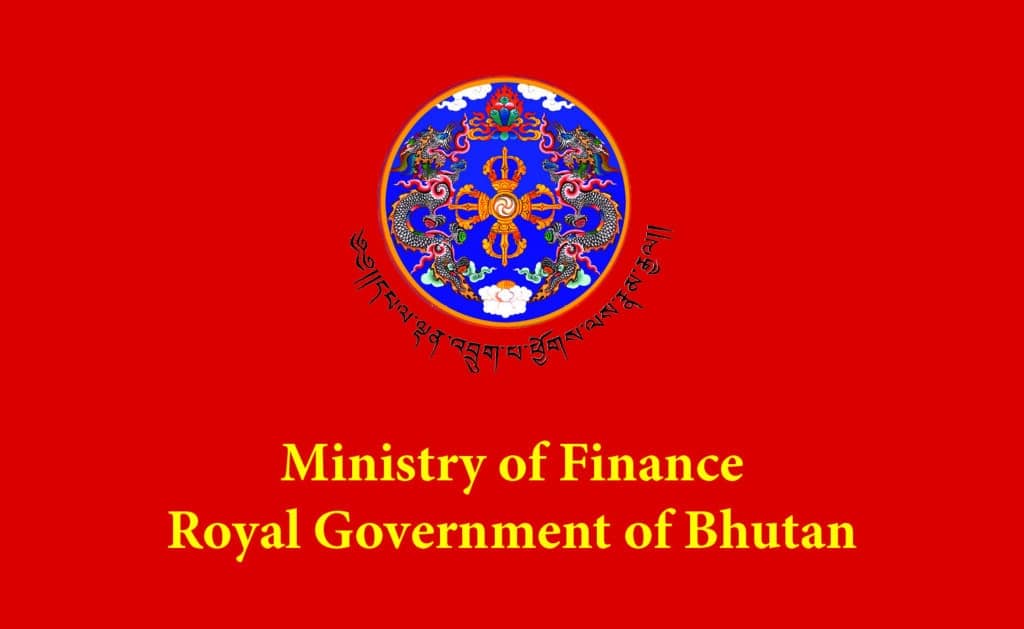In a sort of a big relief in the Civil Society Organization (CSO) registration process, the National Assembly members decided that small-scale CSOs will be allowed to legally operate upon obtaining written permission from the CSO Authority as per its rules and regulations.
The recommendation that small-scale CSOs do not need to formally register was passed on Wednesday while deliberating on the CSO (Amendment) Bill 2021.
Meanwhile, the complications in the registration process of the CSO have been raised by the CSOs themselves. Even they have been raising concerns that the procedures involved in the registration process of a CSO needs to be relaxed.
The main problems with the registration process were reportedly its complexity that required the submission of many documents such as income and assets of the person, his or her family, dependents (children), and bio-data, among others, which many CSOs construed as a lot of hassle.
Further, the CSOs have also raised concerns that the Civil Society Act, which was established in 2007, has unclear clauses on tax exemptions, besides a complex registration process.
The National Assembly’s recommendation of a new section that small-scale CSOs do not need to formally register with the CSO Authority to operate, according to a few members, would make it easier for many informal CSOs operating in the country.
While the recommendation may help the many informal CSOs operating in the country and wanting to remain informal, how much does it help those wanting to be or wanting to register as a formal CSO?
There are already over 50 registered CSOs in the country today and more than 20 other organizations are yet to be registered.
Since the Civil Society Act was established in 2007, the number of CSOs in the country has been growing. There are 54 functional CSOs in the country today.
During the summer session of the National Council (NC) in June this year, even NC members shared concerns on the approval of CSOs every year.
However, CSOs have been maintaining that the number should not be a cause of concern for the country. They have been saying that the growth of CSOs will only enhance social welfare in the country and that the increasing number of CSOs can only enhance competition amongst the various CSOs to access funds/grants from overseas from the donors and developmental partners.
Meanwhile, what CSOs are forgetting is that external resources aiding them are withdrawing or will withdraw given Bhutan’s scheduled graduation from the Least Developed Countries’ category by 2023. Even the CSO mapping report 2019 showed that 68% of CSOs in the country cannot continue without accessing external resources.
The increasing number of CSOs, therefore, is a befitting concern given the bigger concern of the sustainability of CSOs in the country.













